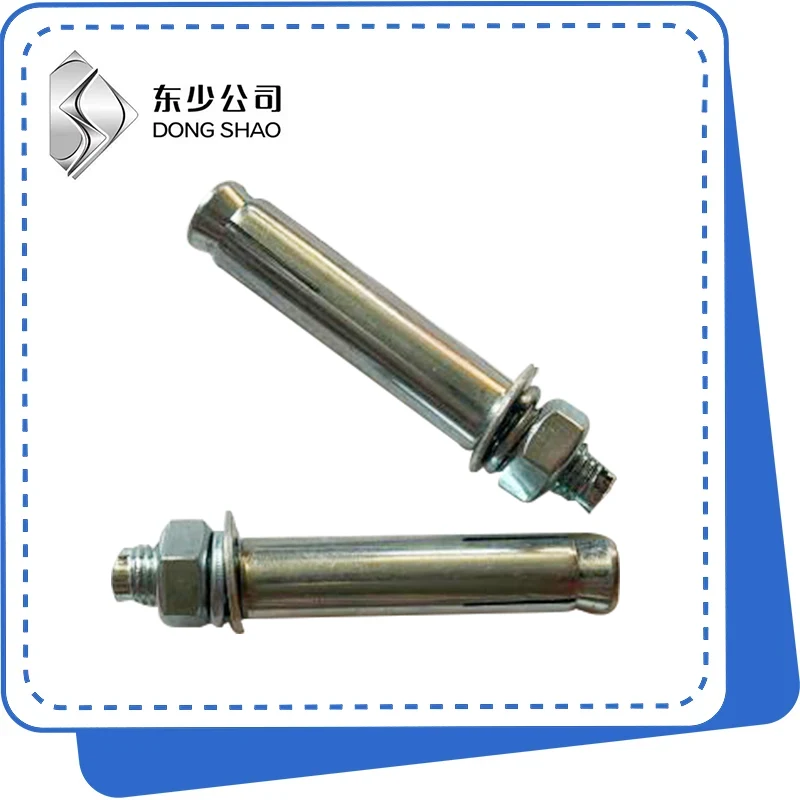- English
- 简体中文
- Esperanto
- Afrikaans
- Català
- שפה עברית
- Cymraeg
- Galego
- 繁体中文
- Latviešu
- icelandic
- ייִדיש
- беларускі
- Hrvatski
- Kreyòl ayisyen
- Shqiptar
- Malti
- lugha ya Kiswahili
- አማርኛ
- Bosanski
- Frysk
- ភាសាខ្មែរ
- ქართული
- ગુજરાતી
- Hausa
- Кыргыз тили
- ಕನ್ನಡ
- Corsa
- Kurdî
- മലയാളം
- Maori
- Монгол хэл
- Hmong
- IsiXhosa
- Zulu
- Punjabi
- پښتو
- Chichewa
- Samoa
- Sesotho
- සිංහල
- Gàidhlig
- Cebuano
- Somali
- Тоҷикӣ
- O'zbek
- Hawaiian
- سنڌي
- Shinra
- Հայերեն
- Igbo
- Sundanese
- Lëtzebuergesch
- Malagasy
- Yoruba
- Español
- Português
- русский
- Français
- 日本語
- Deutsch
- tiếng Việt
- Italiano
- Nederlands
- ภาษาไทย
- Polski
- 한국어
- Svenska
- magyar
- Malay
- বাংলা ভাষার
- Dansk
- Suomi
- हिन्दी
- Pilipino
- Türkçe
- Gaeilge
- العربية
- Indonesia
- Norsk
- تمل
- český
- ελληνικά
- український
- Javanese
- فارسی
- தமிழ்
- తెలుగు
- नेपाली
- Burmese
- български
- ລາວ
- Latine
- Қазақша
- Euskal
- Azərbaycan
- Slovenský jazyk
- Македонски
- Lietuvos
- Eesti Keel
- Română
- Slovenski
- मराठी
- Srpski језик
What are the uses of expansion bolts?
As a basic component in the field of mechanical fastening, expansion bolts play an irreplaceable role in scenarios requiring high-strength connections with the characteristics of "expansion and self-locking after installation". Its applications cover multiple fields such as construction, industry, and outdoor facilities.

In the field of building decoration, expansion bolts are the core accessories for wall fixing. When installing the outdoor unit of the air conditioner, the M10 expansion bolt can withstand a tensile force of more than 500 kg. When used with a concrete wall, it can withstand the impact of typhoon-level external forces; when fixing heavy chandeliers (weighing more than 10 kg), double bolts are used for symmetrical installation. The friction generated by expansion and the mechanical locking effect can prevent loosening and falling after long-term use.
In the installation of industrial equipment, the vibration resistance of expansion bolts is particularly critical. High-strength expansion bolts (grade 8.8 or above) are required for fixing the machine tool foundation. After installation, the connection stiffness between the equipment and the ground is increased by 40%, reducing the resonance error during processing; expansion bolts with sleeves are often used for fixing the production line bracket. In the connection between the steel structure and the concrete, the sleeve is used to evenly disperse the stress and prevent local cracking.
Outdoor facilities require higher weather resistance for expansion bolts. The base of street light poles uses hot-dip galvanized expansion bolts, which can remain rust-free for more than 5 years in a humid environment. When installed with flanges, the overturning moment can reach 2000 Nm; chemical expansion bolts are used to fix traffic sign poles. Through the bonding effect of resin colloid and hole wall, they can also be reliably fixed in soft rock formations and adapt to complex geological conditions.
In special scenarios, customized applications of expansion bolts are more advantageous. Elevator rails need to be fixed with expansion bolts with stop devices to prevent loosening during long-term operation; explosion-proof equipment installation uses all-metal expansion bolts to prevent plastic parts from failing in high temperature environments. These targeted designs allow expansion bolts to always maintain tightening performance under different working conditions, becoming an invisible guarantee for connection safety.
When selecting expansion bolts, the specifications must be matched according to the substrate (concrete, brick wall, steel structure), load-bearing requirements and environmental conditions. Its core value lies in converting dispersed external forces into friction with the substrate, achieving efficient tightening of "small parts carrying large weight", and is an indispensable basic connector in modern engineering.



